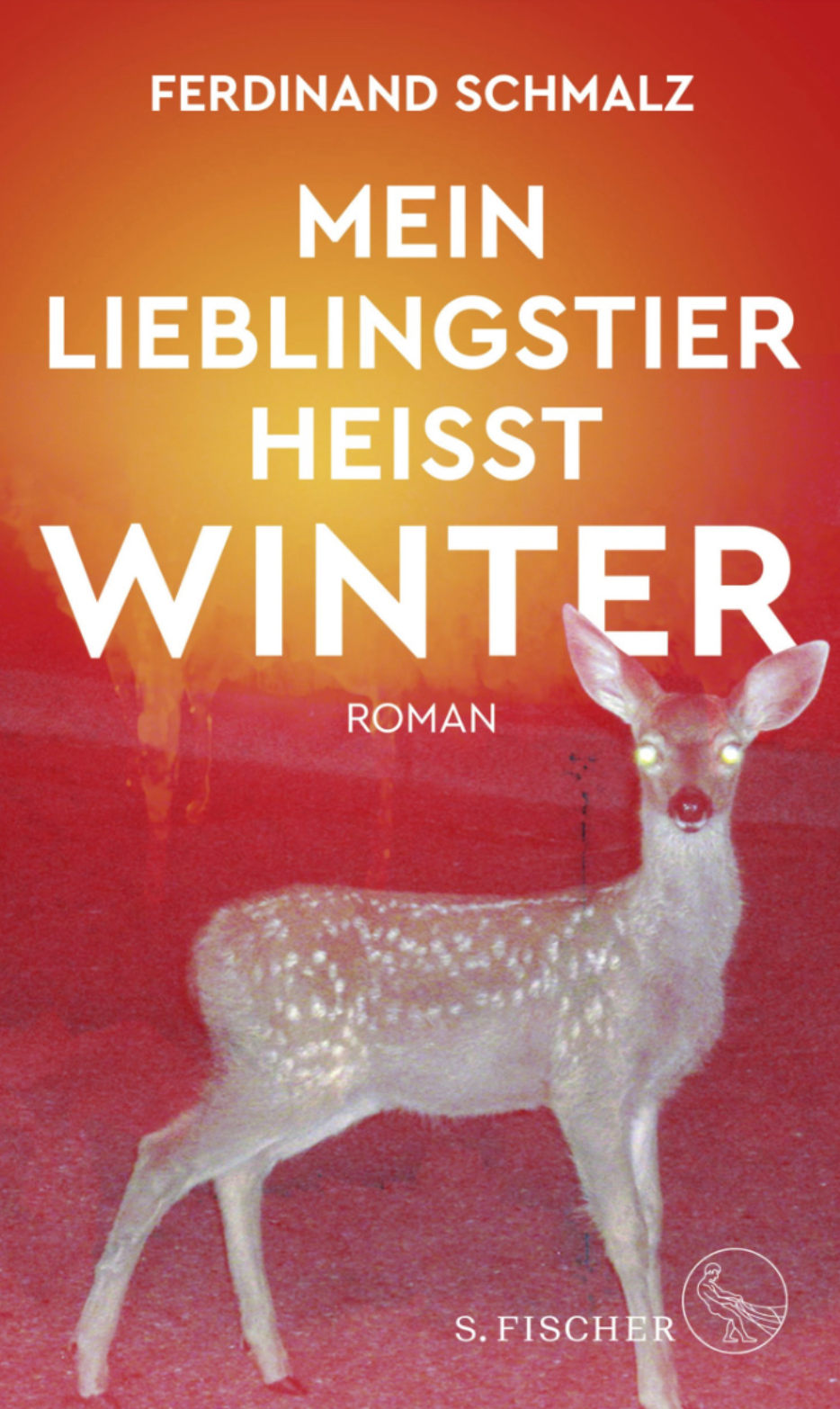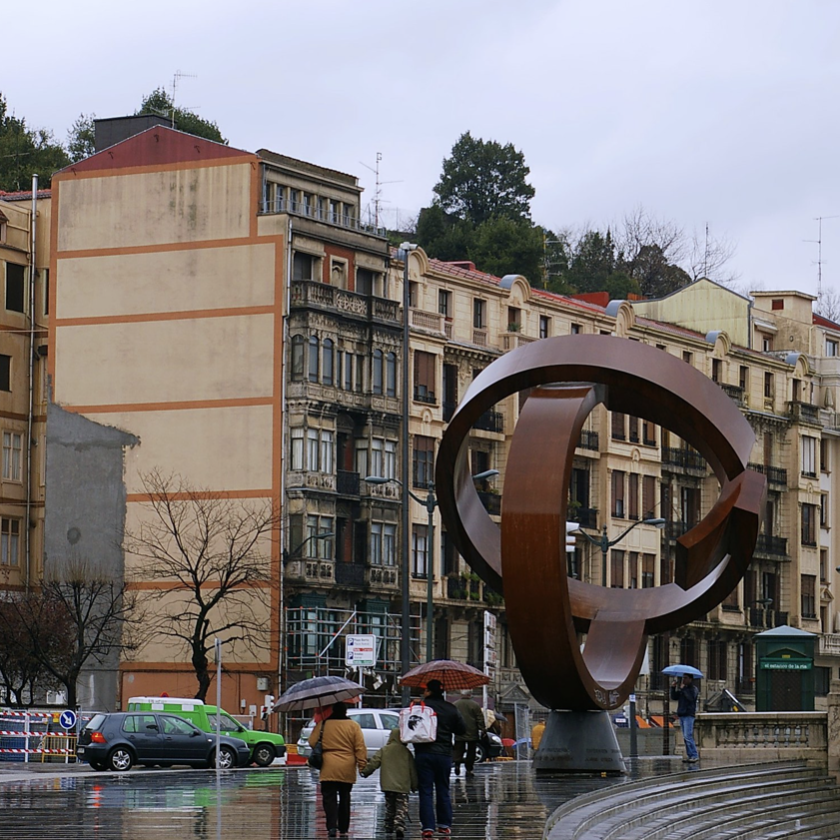Story by FERDINAND SCHMALZ
Translated from German [“mein lieblingstier heißt winter”] by NEIL BLACKADDER
The piece appears below in both English and German.
Translator’s Note
Ferdinand Schmalz was already well established as an award-winning and widely produced playwright when, in 2017, he took part in the annual Tage der deutschsprachigen Literatur in the Austrian town of Klagenfurt. Schmalz won the prestigious Ingeborg Bachmann Prize for the unpublished story he read aloud at the event: “mein lieblingstier heißt winter.” Over the next few years, Schmalz developed the story into a novel which was published in 2021 by Fischer Verlag—and his first book of prose was shortlisted for the Austrian Book Prize and longlisted for the German Book Prize.










